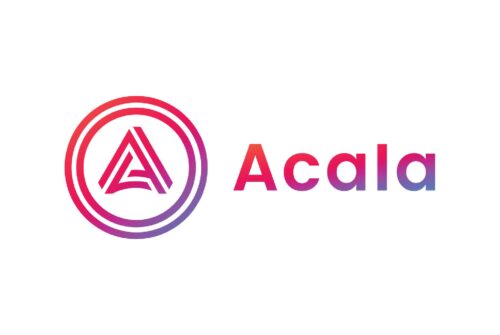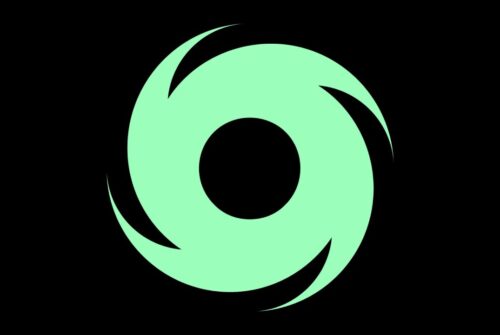
A New York judge has ruled that the injunction barring Telegram from issuing its Gram tokens extends to all entities in the United State and overseas.
On April 1, U.S. District Judge P. Kevin Castel, responded to the encrypted messaging firm’s request for clarification as to the scope of the court’s March 24 preliminary injunction. He denied Telegram’s move to distribute tokens to the non-US-based participants of its 2018 initial coin offering (ICO).
Approximately $1.27 billion of the funds raised to finance the development of the Telegram Open Network (TON) came from overseas-based investors.
The court sided with the arguments laid out by the U.S. Securities and Exchange Commission (SEC) in response to Telegram’s request for clarity.
Judge Castel said that Telegram made no argument against the application of the preliminary injunction in its appeal and said the proposed form of the injunction — which would see Telegram prohibited from “delivering Grams to any person or entity” — had been known to the firm since October 2019.
The court was unconvinced by Telegram’s claims that it could “implement safeguards” to prevent U.S-based investors from being able to access its Gram tokens.
The judge noted that Telegram failed to demonstrate how the safeguards would comprise lawful modifications to its 2018 Gram Purchase Agreements. The court added that “the TON Blockchain was designed and is intended to grant anonymity to those who purchase or sell Grams,” asserting that “any restriction as to whom a foreign Initial Purchaser could resell Grams would be of doubtful real-world enforceability.”
The judge also highlighted that Telegram’s proposals were made long after pre-injunction discovery had ended, preventing the SEC from being able to challenge the efficacy of the provisions offered by the firm.
Michael Bacina, a partner in Piper Alderman’s Blockchain Group in Australia told that the “enforcement of any judgment of a Court outside of that Court’s jurisdiction can be challenging and involves each country’s legislation and treaties which can impact if (and how) a judgment may be enforced.” He added:
“It would be surprising if the SEC would seek to enforce this decision in other jurisdictions given the time and expense required to do that. However, if there is evidence Telegram is distributing tokens in breach of the orders, they may find that the SEC seeks an order for contempt in the U.S. District Court against those involved in the distribution of Grams. Contempt is a serious matter and can result in arrest and jail time.”
However, Bacina noted that the ruling does not concern the TON blockchain, stating: “The injunction only impacts the distribution of GRAMs, not the operation of the TON Blockchain itself, so Telegram’s plans to launch the mainnet should not be impacted, or be in breach of the orders, so long as Telegram does not distribute GRAMs which were part of the ICO.”
The TON community has suggested that it may launch the network itself despite the court’s ruling — with representative Fedor Skuratov telling that “the community was ready for this scenario” on March 26.
According to Skuratov, “no one can prevent the launch of TON by any other entity, person, or community, because TON is a decentralized open-source solution.”
Skuratov added: “Already, there are two different test networks, and within the community, there is at least one group planning to launch.”
Subscribe to our groups in Facebook and Telegram and stay up to date.





